Architecture | Urbanism | Design | Art
Last active 60 minutes ago
Don't wanna be here? Send us removal request.
Photo
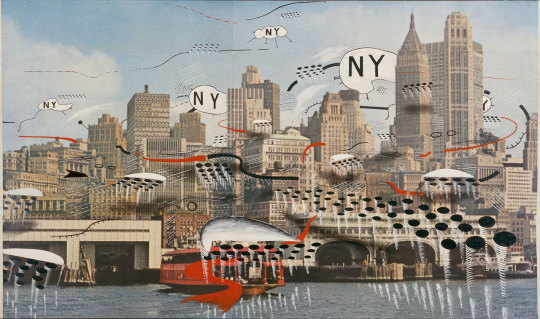
NY, NY, NY, NY Nr. 22/67, Peter Brüning, 1967
39 notes
·
View notes
Text
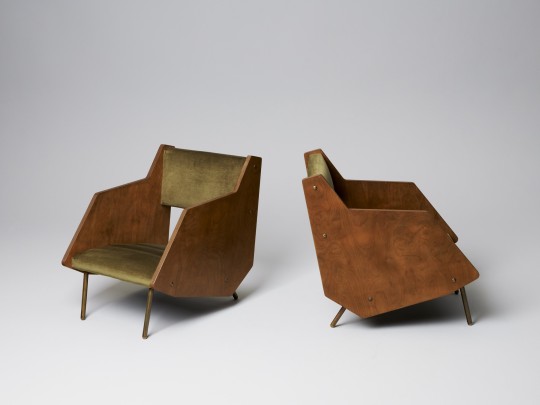
A Pair of Lounge Chairs designed in 1949 by Carlo de Carli
90 notes
·
View notes
Photo

Lancia Stratos HF “Zero”, Bertone, 1970
216 notes
·
View notes
Text
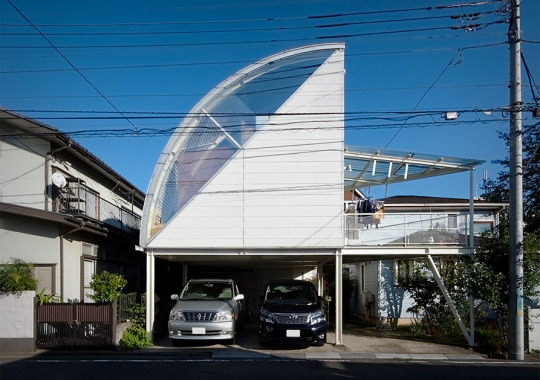
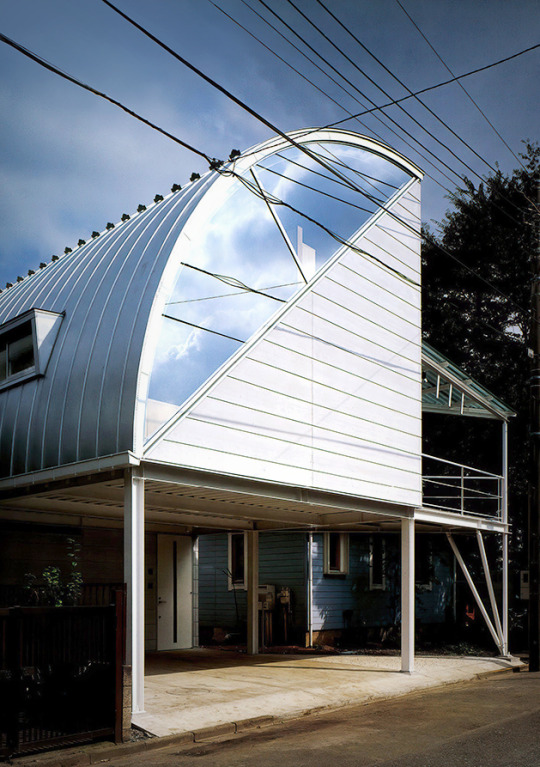
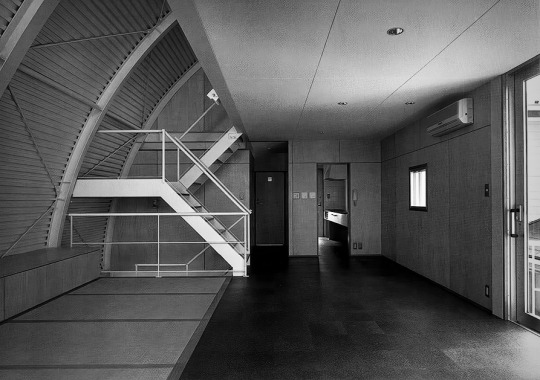


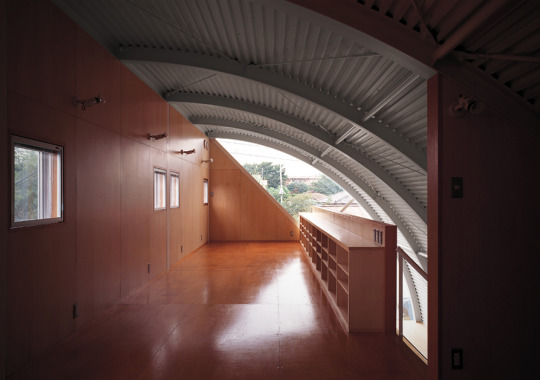
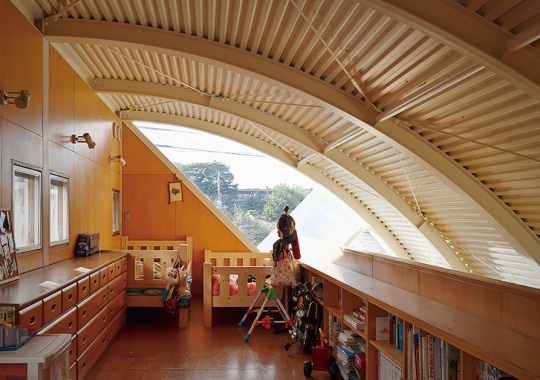
1279. Kazuhiko Namba + Kai Workshop /// Box-House 7 /// Kodaira, Tokyo, Japan /// 1996-97
OfHouses presents: Japanese Fields OfHouses, part XXVI. (Photos: © Mitsumasa Fujitsuka, Shinkenchiku-sha, wakiiii. Source: ‘Jutakutokushu’ 01/1998, 12/2013; Kazuhiko Namba + Kai Workshop Archive.) — This project will be published in our upcoming book: ’Japanese Fields | OfHouses.’
72 notes
·
View notes
Text

camion, chemin de saint-edgar, new richmond
12 notes
·
View notes
Text


The perception of Art Informel, the European abstract pictorial movement of the 1940s through 1960s, is dominated by its male exponents: Jean Fautrier, Ernst Wilhelm Nay, Karl Otto Götz or Jean-Paul Riopelle are well-known and easily associated with Informalism. As opposed to this, the women of the movement are largely unknown and still await attention and recognition. The first step in this direction is currently on display at Kunsthalle Schweinfurt: in the exhibition „InformELLE: Künstlerinnen der 1950er/60er-Jahre“, running through June 22, the Kunsthalle exclusively focuses on the women of Art Informel and shows the works of 16 artists side by side. Among them are the better known Maria Helena Vieira da Silva, Brigitte Meier-Denninghoff, Mary Bauermeister and Marie-Louise von Rogister but also the little known Hedwig Thun, Roswitha Lüder, Natalia Dumitrescu and Judit Reigl.
All of the 16 artists are also highlighted in individual dossiers in the catalogue accompanying the exhibition (which will subsequently travel to Emil Schumacher Museum Hagen) and which has been published by Deutscher Kunstverlag late last year. In the dossiers different authorssituate the artists within Art Informel, outline their biography and shed light on their artistic development. The essays contained in the catalogue on the other hand elucidate the overall history of the female artists in Art Informel: what groups were they involved in? Who of them took part in the major art exhibitions documenta and Venice Biennial? Where did they study and which paths did they take in their student days? All of these questions are addressed and shows that women back in the 1950s and 1960s sought to stand their ground, associate and also achieved successes and received quite some attention at the time. This notwithstanding, the successes for the most part didn’t result in long-term interest on the part of critics and museums, a circumstance that the present catalogue and the exhibition try make up for: both provide a basis for additional research and renewed attention that in view of the quality of the works presented is more than deserved.
#Design#Visual Art#Abstract Art#Art Informel#Art History#Art Books#Maria Helena Vieira da Silva#Brigitte Meier-Denninghoff#Mary Bauermeister#Marie-Louise von Rogister#Hedwig Thun#Roswitha Lüder#Natalia Dumitrescu#Judit Reigl
13 notes
·
View notes
Text

grange, route stewart, cascapédia-saint-jules
23 notes
·
View notes
Text

Dr. Kampmann House (1958-62) in Bad Nauheim, Germany, by Johannes Peter Hölzinger. Photo by Jürgen Wegener.
153 notes
·
View notes
Text




ph. Danko Maksimovic - Paris, France (2025)
Les Étoiles d'Ivry
Film: Kodak Ultramax 400
#Architecture#Modernist Architecture#Brutalism#Beton Brut#Concrete#Photography#Architectural Photography
1K notes
·
View notes
Text

Bewley Apartments (1954-56) in Richmond, CA, USA, by Donald Olsen
93 notes
·
View notes
Text
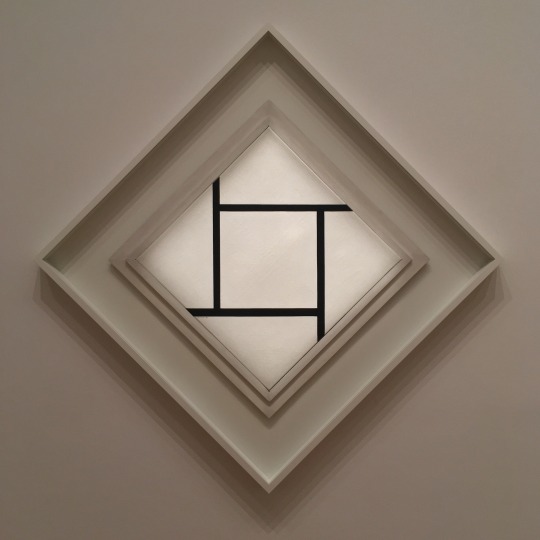
wien 2025
55 notes
·
View notes
Text
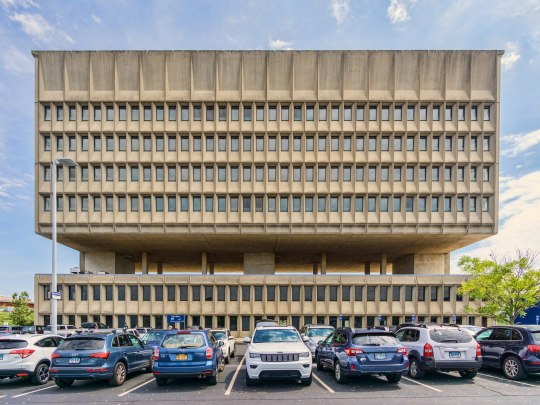
Former Amstrong Rubber Building (1968-70) in New Haven, CT, USA, by Marcel Breuer & Robert F. Gatje
98 notes
·
View notes
Photo

Quanta Cor, Rouge, Detanico/Lain, 2016
108 notes
·
View notes
Photo
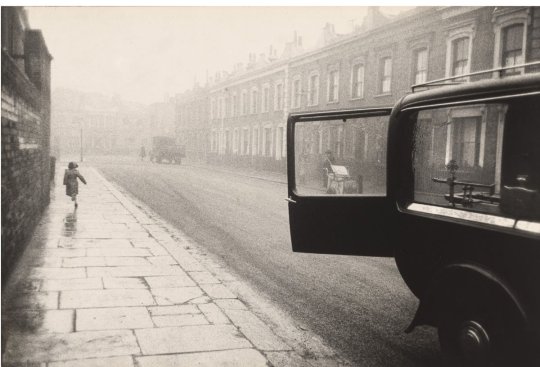
Robert Frank
74 notes
·
View notes


